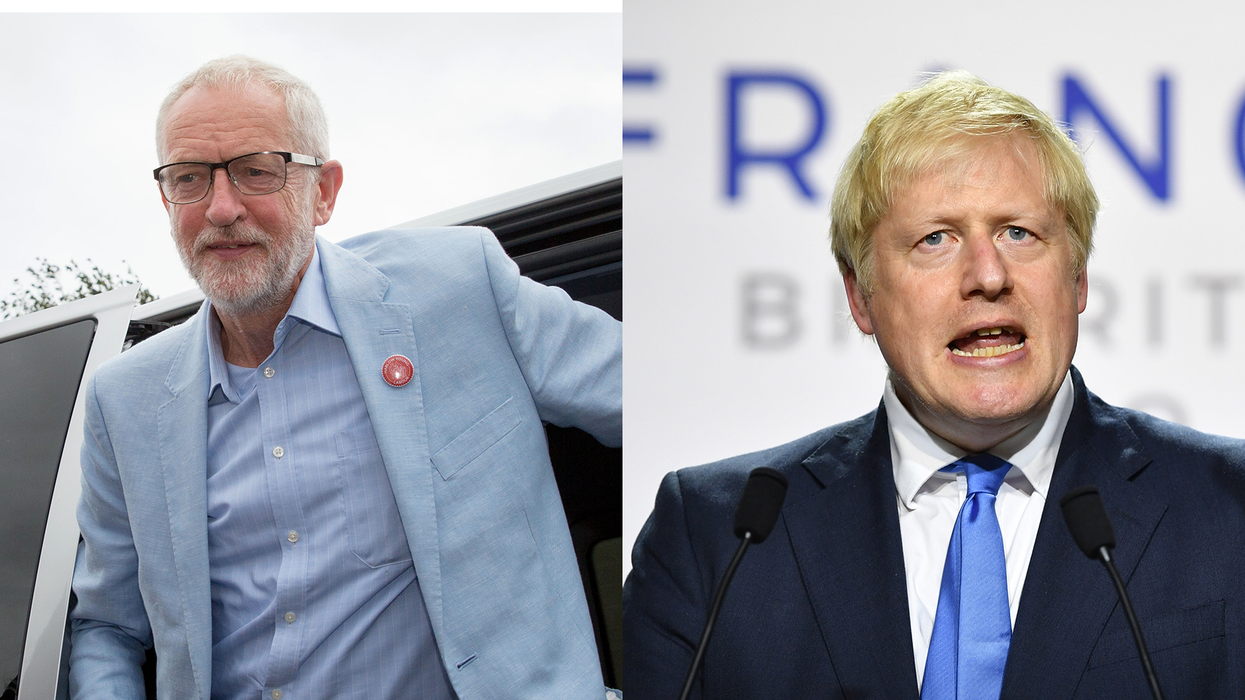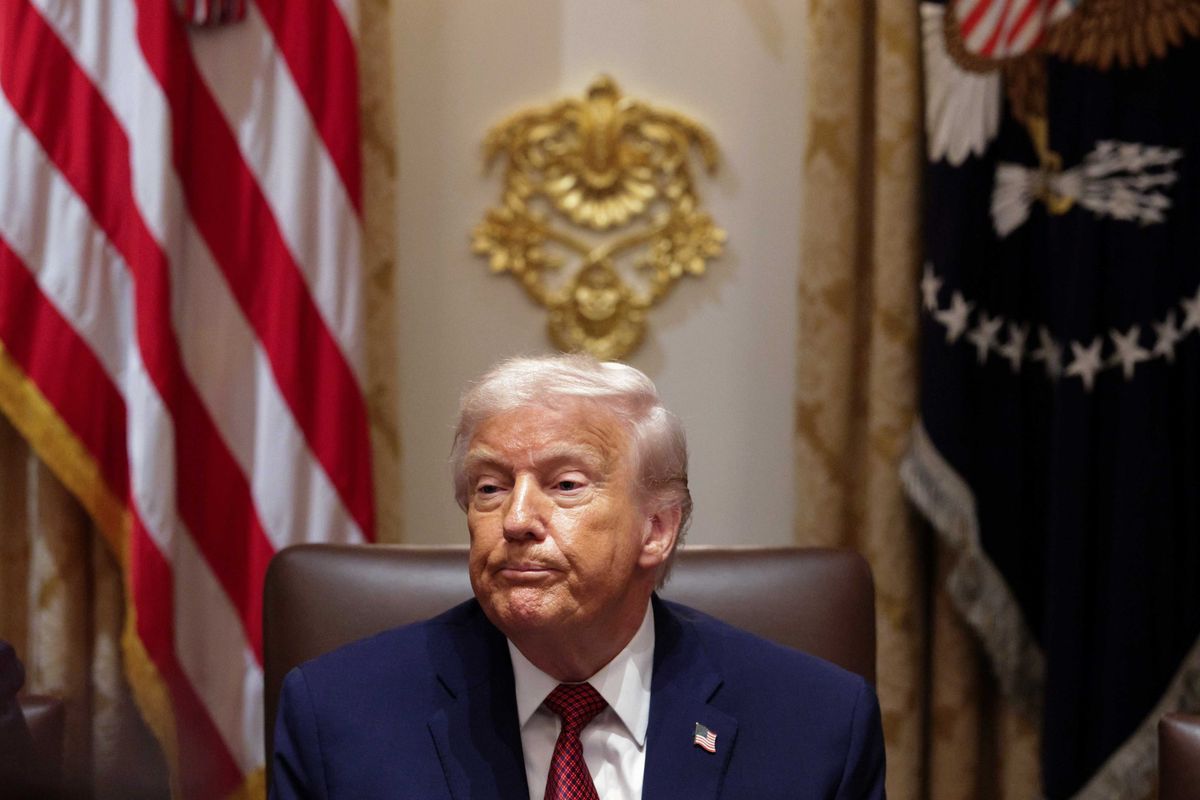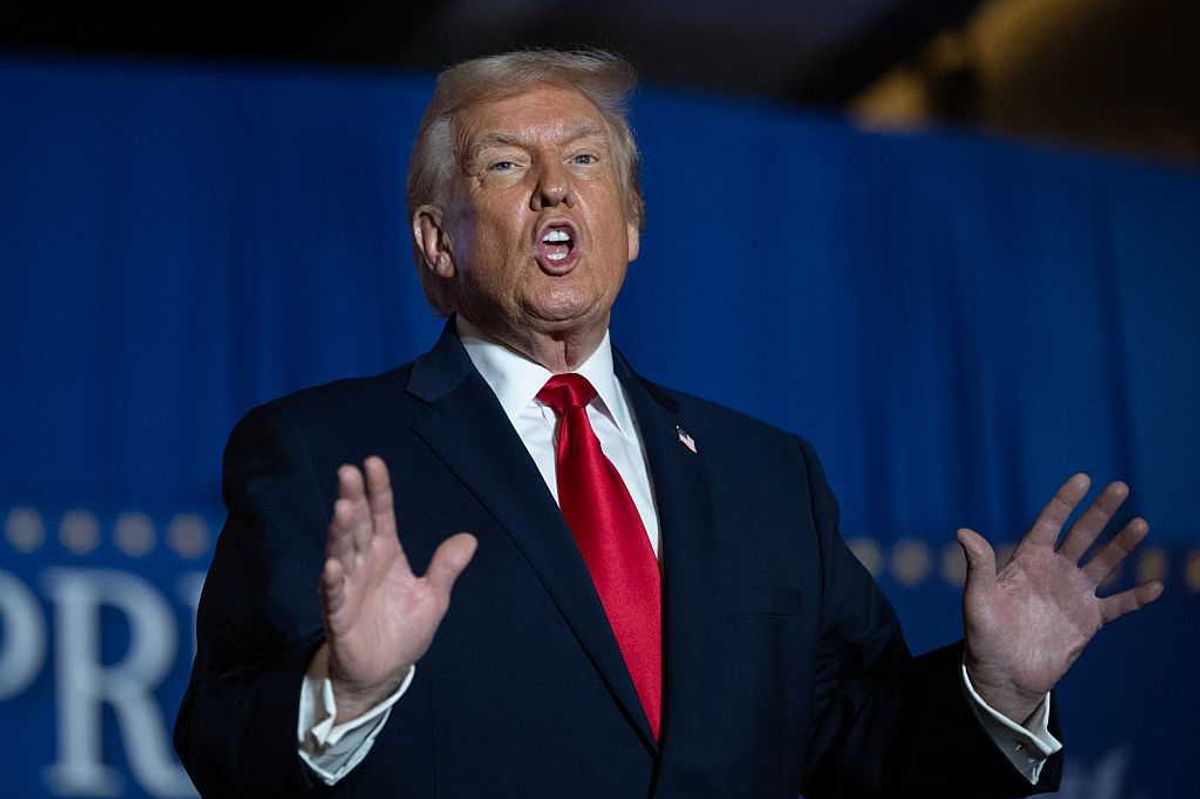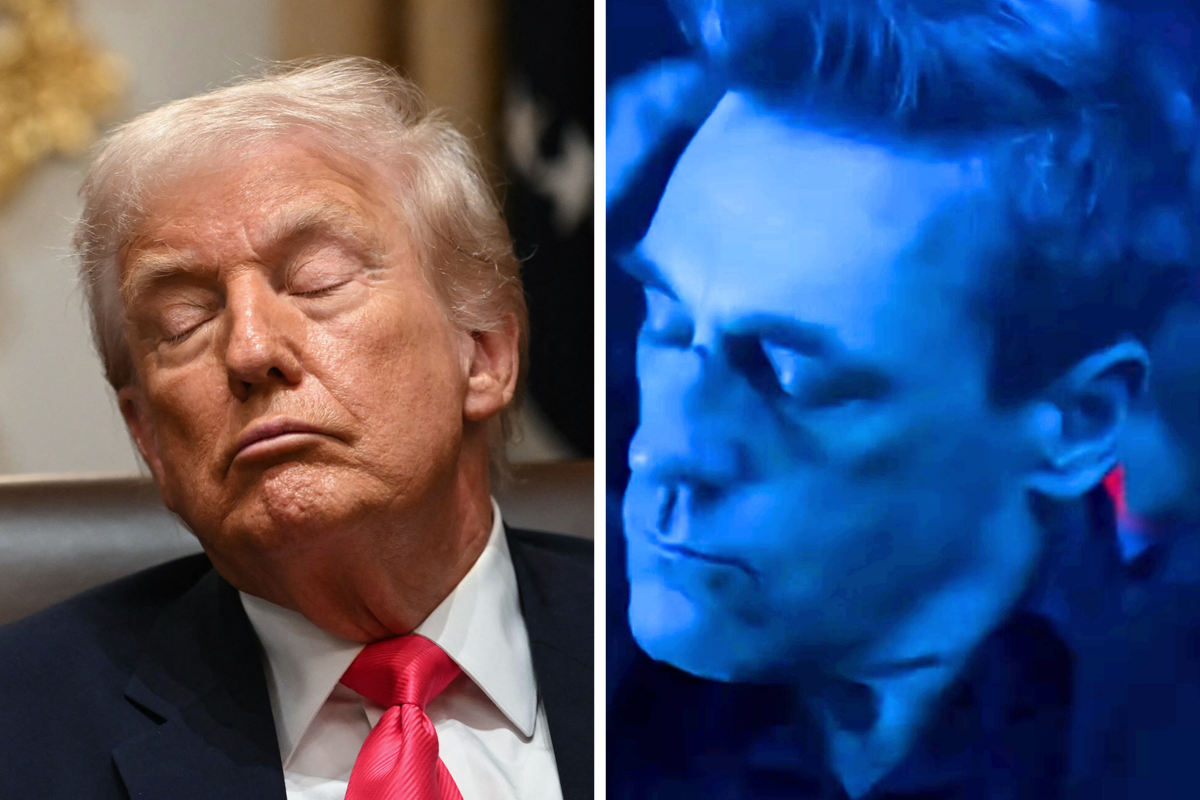Lowenna Waters
Aug 30, 2019

Picture:
Getty Images
Earlier this week, MPs attempting to stop the UK crashing out of the EU without a deal were dealt a blow, when the Queen approved Boris Johnson's request to prorogue parliament.
However, despite many people reacting with despondency at the apparent suspension of democracy, MPs have insisted that there are still several routes that can be taken in order to avoid a no-deal Brexit.
Don't panic, everyone!
Here, we list seven ways that MPs could still block a no-deal Brexit from passing.
1. Emergency Debate
One possible way of halting the increasingly lightly prospect of a no-deal Brexit is to launch an emergency debate using the Standing Order 24 procedures, reports the Times.
On Tuesday morning they'd lodge a request for an emergency debate, and then, speaker John Bercow could allow a vote on taking control of the Commons.
MPs would then be able to implement a third Brexit delay, however, the legislation must be completely watertight. Yep, clear as mud. But, if it could halt no-deal, then it's worth it.
2. Bring back Theresa May's deal
Another way of sorting out the mess is to bring back Theresa May's deal and push it through. If Mr Johnson makes it as far as a Queen's Speech, and a new session, Mr Bercow's ruling that MPs can't vote on the same Brexit deal twice in the same parliamentary session would be overruled, reports the Times.
With only days to go before a no-deal, MPs who are against it might be able to force another vote on Mrs May's deal in order to persuade Remainers that it's the lesser of two evils. We wait with bated breath.
3. A Final Say referendum
Another way to block a no-deal Brexit is for MPs to back a Final Say referendum, which is something that was led by the Independent back in 2018. Some MPs who oppose the Brexit deal being put back to the people, however, it would require a majority in parliament.
A second referendum would also take 6 months to organise, meaning the UK's membership to the EU would have to be extended, something that Mr Johnson is opposed to, reports the Independent.
4. A deal being brokered
Of course, it goes without saying, but a deal would obviously be a way of stopping a no-deal occurring on October 31. The Queen's speech is due three days before a summit which will see EU leaders offer changes to the withdrawal agreement. It's thought that Boris Johnson could rush a bill through parliament before 31 October, however, most ministers still think that a no-deal is more likely than a deal.
5. The Speaker of the House John Bercow intervening
The Speaker of the House, John Bercow, was one of those to quickly condemn the suspension of parliament as a 'constitutional outrage'.
Mr Bercow doesn't have the power to halt a no-deal Brexit, but, he does have the authority to become a considerable thorn in the government's side as they attempt to force a no-deal through.
6. A vote of no-confidence in the government and a general election
In the immortal words of the lady who answered a BBC vox pop in the streets of Bristol in April 2017 in relation to a general election: 'You're joking! Not another one!'
If there was a vote of no confidence in the government before October 31, it could result in a general election, giving Mr Johnson the authority to choose the date.
7. A vote of no confidence and a caretaker government
The other way a no-deal could potentially be halted is if there was a vote of no confidence in the government, which then resulted in a caretaker government, which could then call a Brexit referendum, or, alternatively, an election, reports the Times.
With Corbyn an unpopular choice among MPs, conservative rebels, and independents, Westminster will be forced to enter a period of speculation in regards to whether Harriet Harman, Ken Clarke, or Sir Kier Starmer will replace Johnson.
Only time will tell! Oh, if only we had a crystal ball.
HT The Times
More: Old man goes viral after giving blunt analysis of a no-deal Brexit
More: Everyone should watch this Portuguese woman's impassioned plea about Brexit
Top 100
The Conversation (0)













